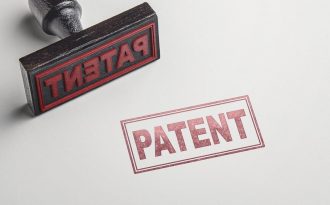September 18, 2018
Patent Litigator Doug Robinson Discusses Blocking Patents with Law360
St. Louis patent litigator Doug Robinson recently spoke to Law360’s Matt Bultman about the Federal Circuit’s ruling that invalidated several patents held by Acorda Therapeutics, including a patent directed to multiple sclerosis treatment Ampyra.
Roxane Laboratories had challenged the patents on the grounds of obviousness. As patent owners sometimes do, Acorda turned to secondary considerations to prove that the patent was not obvious, including their own commercial success, the failure of others to create a competing product, and the long felt but unmet need for an invention in the space.
Acorda’s defensive maneuver effectively led Roxanne Laboratories to bring up the blocking patent doctrine. In patent litigation, challengers invoke the blocking patent doctrine as a way to poke holes in a nonobvious defense. If the defense argument is that the patent was successful, the blocking patent doctrine says, “There was probably a lack of competition in the market.” If the defense says there was a long-felt yet unmet need, the patent blocking doctrine says, “No one else took up the cause at the time, that’s all.” By disarming the defense, patent owners are left with little evidence to prove nonobviousness.
Some expect that the Acorda Therapeutics ruling could mean patent challengers will have an easier time proving obviousness. Some also expect that this could be good news for generics companies, although, more practically, it may stifle innovation in the pharma and biotech industries.
Robinson suggests that the implications of the decision are “another hurdle that a patentee is going to have to overcome.” He suggests that, if a patent owner is faced with this kind of challenge, they will need to focus on an “evidentiary perspective that demonstrates that secondary considerations are due to the invention itself and not external factors, such as market factors or a marketing campaign.”
For now, expect generics companies to bring up the blocking patent doctrine more frequently.


